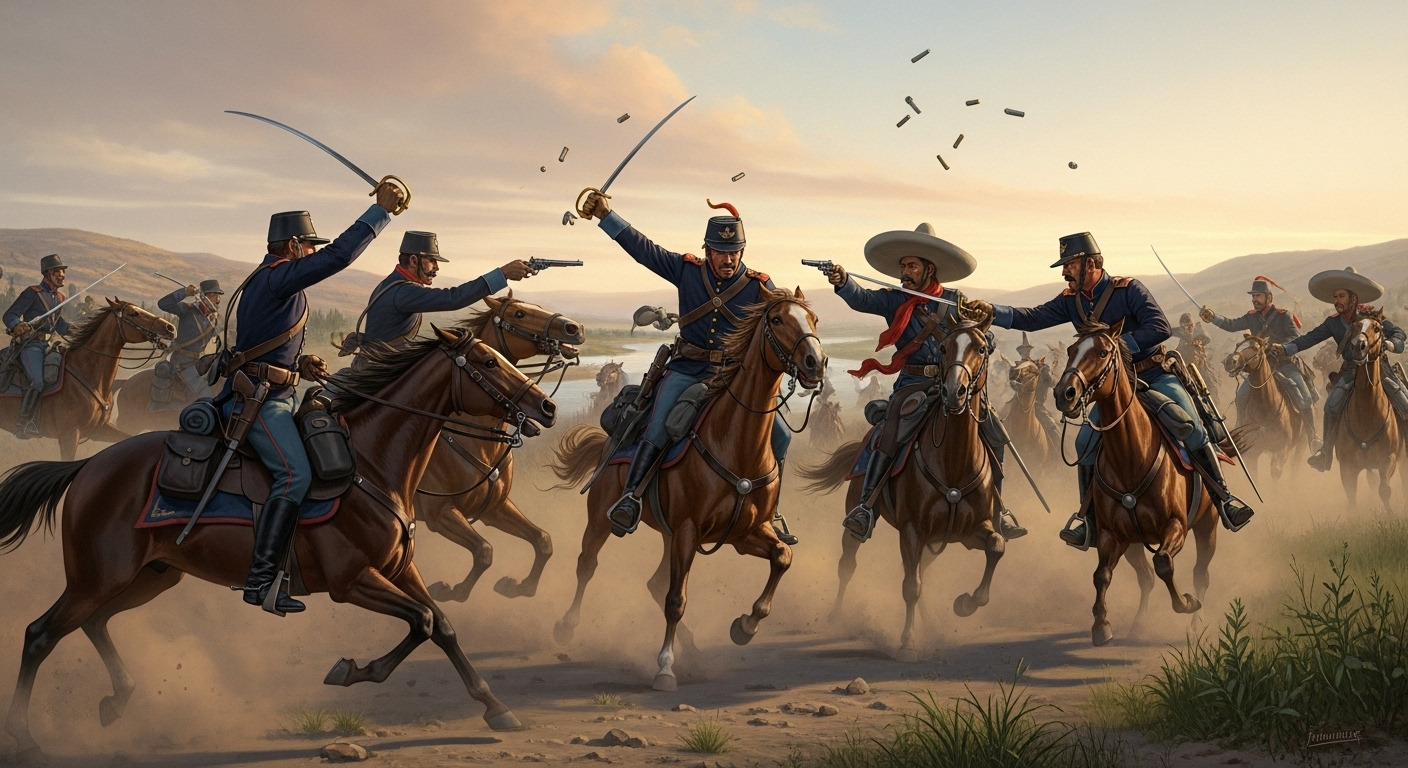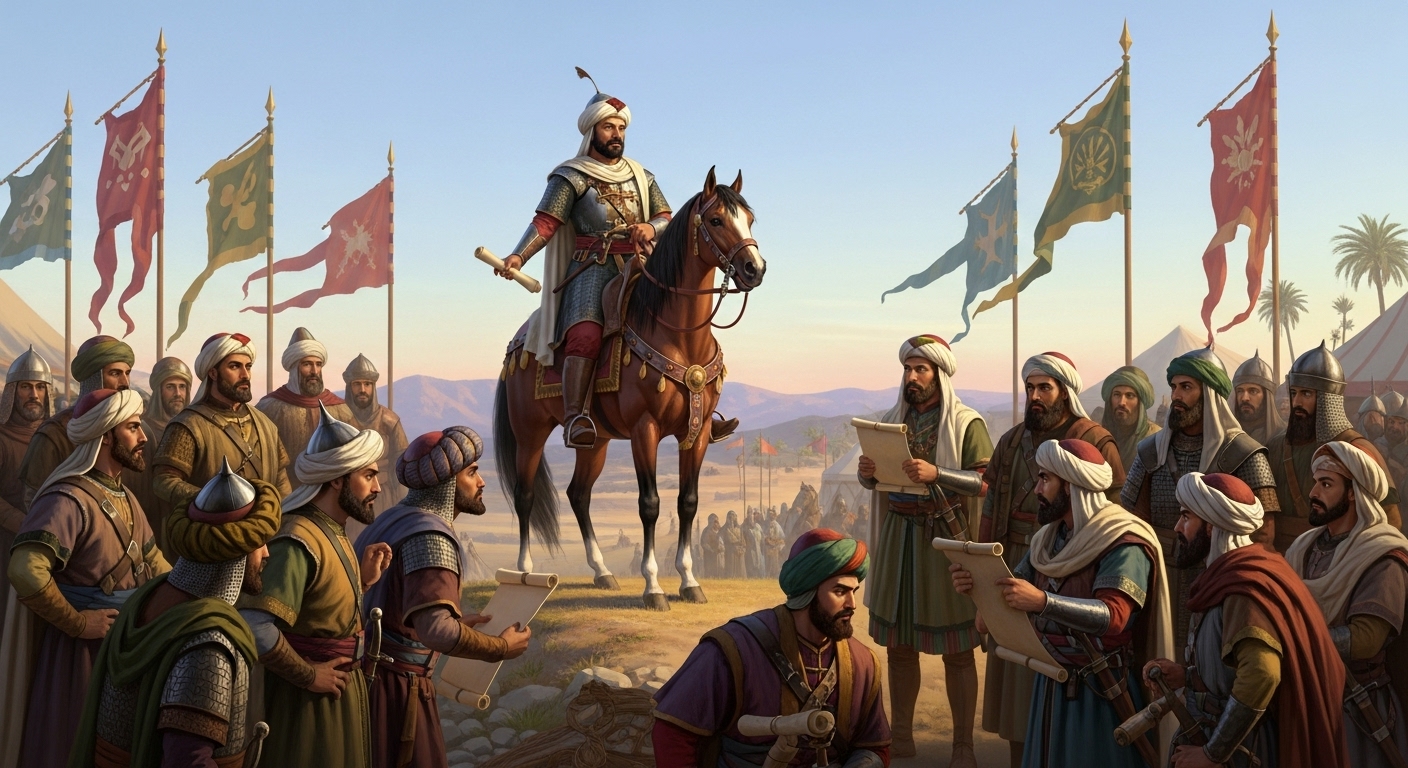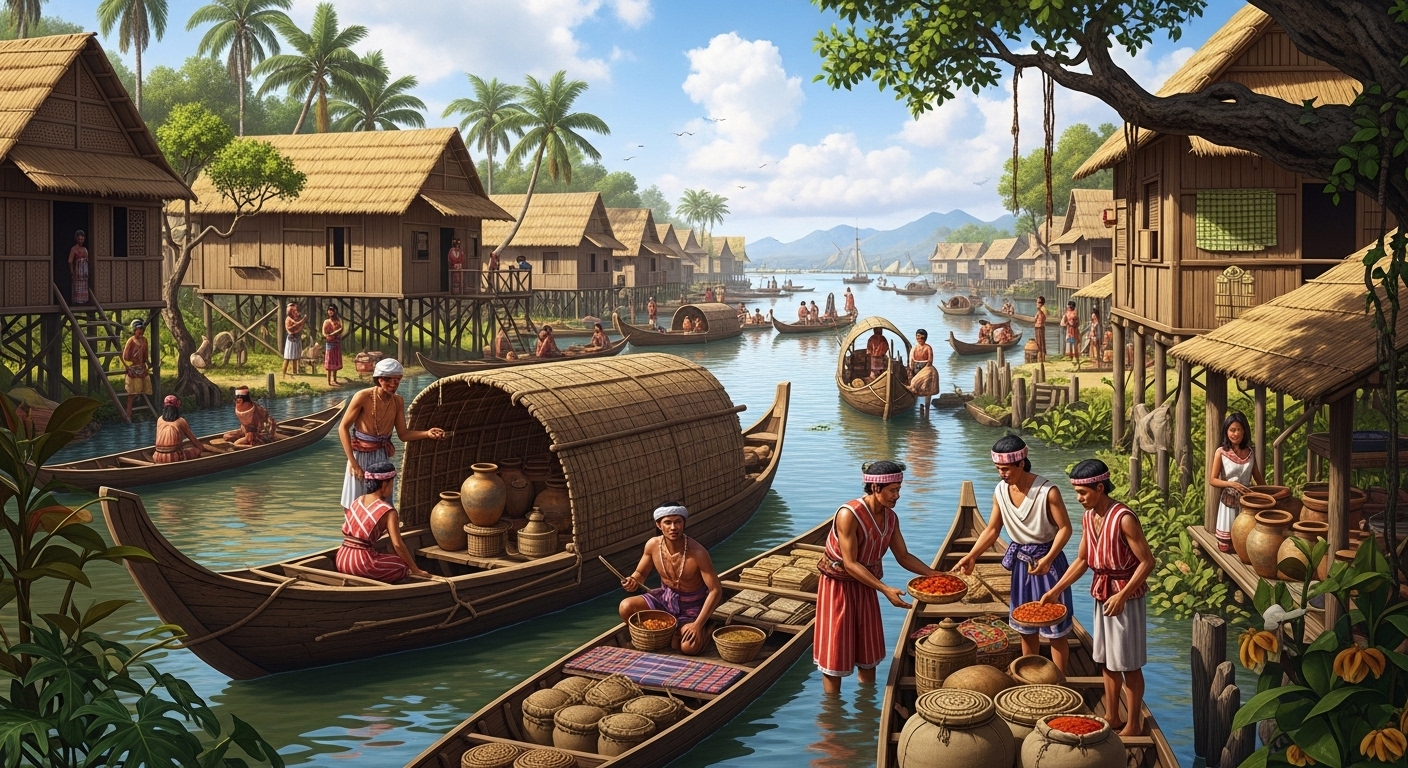From the tea in your cup to the international laws governing trade, the echoes of the British Empire are everywhere. But how deeply did it truly shape the world we live in today? This post will explore the profound and often contradictory ways the British Empire transformed global politics, economies, and cultures, examining its expansion, key figures, lasting impacts, and eventual decline. We’ll delve into how British Empire shaped modern world, discuss key figures in British imperial history, trace the timeline of British Empire expansion, analyze the cultural effects of British rule, uncover the reasons for decline of British Empire, and assess the economic legacy of British colonialism.
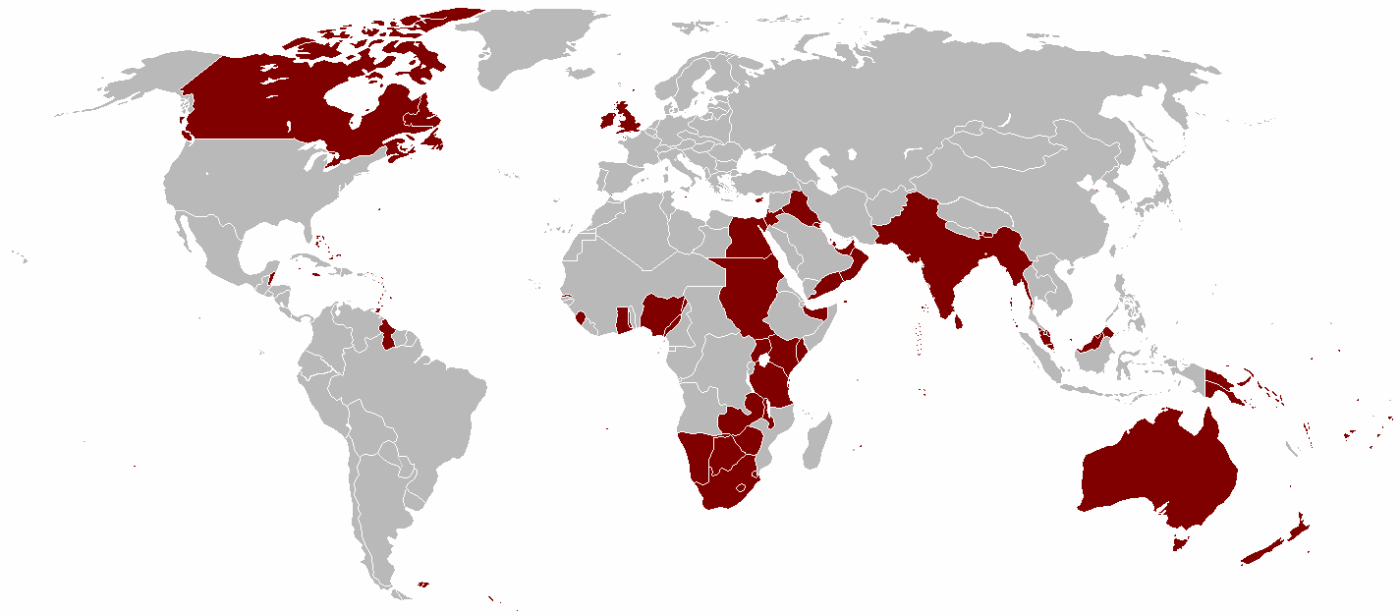
I. A Timeline of British Empire Expansion: From Small Island to Global Hegemon
Discover the chronological development of the British Empire, from its early mercantile ventures to its peak as the largest empire in history.
A. Early Beginnings & Colonial Ventures (17th – 18th Century)
- The British Empire began with the establishment of colonies in North America and the Caribbean, driven by economic interests and competition with other European powers.
- The rise of the East India Company marked a significant expansion into India, laying the groundwork for future imperial dominance.
- Mercantilism, an economic theory emphasizing self-sufficiency and resource accumulation, fueled the relentless quest for raw materials and new markets.
B. The Victorian Era: Peak Power and Imperial Consolidation (19th Century)
- The Industrial Revolution provided Britain with unprecedented economic and military power, becoming a critical factor in its imperial expansion.
- The infamous Scramble for Africa saw European powers, including Britain, partitioning the continent, often with little regard for existing indigenous societies.
- Britain’s naval supremacy and control over vital global trade routes solidified its position as a global hegemon.
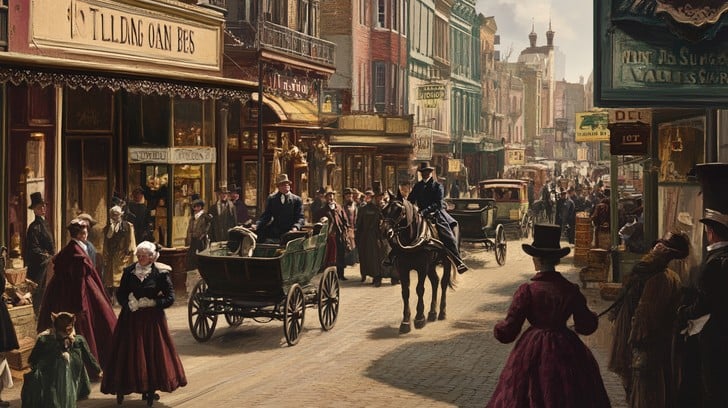
C. Post-WWI & Interwar Years: Maintaining a Fragile Grip
- Following World War I, Britain expanded its influence through mandates and protectorates, particularly in the Middle East.
- However, this period also saw growing nationalist sentiments and demands for self-rule in many colonized territories, foreshadowing the empire’s eventual decline.
II. Key Figures in British Imperial History: Architects, Administrators, and Resistance Leaders
Explore the lives and impacts of prominent figures who defined the British Empire, from influential monarchs and statesmen to powerful administrators and fierce resistors.
A. Monarchs & Statesmen
- Queen Victoria: Her reign (1837-1901) is synonymous with the Imperial Age, during which the empire reached its territorial peak, embodying its power and prestige.
- William Pitt the Younger: As Prime Minister, he navigated early imperial expansion and conflicts, particularly during the Napoleonic Wars.
- Winston Churchill: A staunch defender of the Empire, he played a crucial role in preserving it through the tumultuous years of the World Wars, though his views remain controversial.
B. Explorers, Conquerors & Administrators
- Robert Clive: Often credited as the architect of British dominance in India, his military victories secured vast territories for the East India Company.
- Cecil Rhodes: A controversial visionary, he played a central role in expanding British influence in Southern Africa, with his dream of a ‘Cape to Cairo’ railway.
- Lord Curzon: As Viceroy of India, he was a meticulous and powerful administrator who sought to consolidate British rule and efficiency.
C. Reformers & Critics of Empire
- William Wilberforce: A leading figure in the abolitionist movement, he campaigned tirelessly against the slave trade, a dark chapter of imperial history.
- Mahatma Gandhi: Spearheading the Indian independence movement through non-violent civil disobedience, his actions profoundly influenced the unraveling of the British Empire.
- Jawaharlal Nehru: India’s first Prime Minister, he championed non-alignment and became a symbol of post-colonial self-determination.
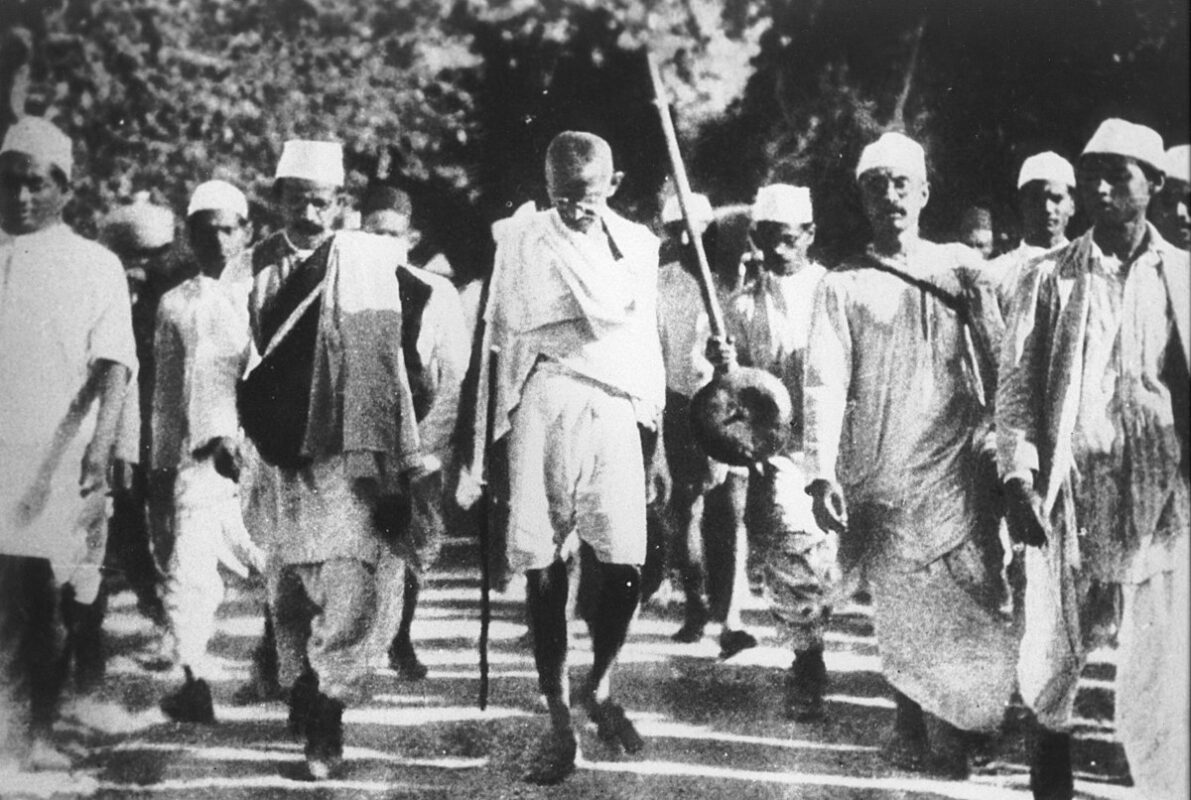
III. The Far-Reaching Impact: How the British Empire Shaped the Modern World
Delve into the multifaceted ways the British Empire profoundly influenced global economics, cultures, politics, and social structures, leaving a complex and enduring legacy.
A. Economic Legacy of British Colonialism
- The Empire forged extensive global trade networks, cementing London’s role as a pre-eminent financial hub that continues today [1].
- Infrastructure development, such as railways and ports, was primarily designed for efficient resource extraction, often at the expense of local economies.
- The introduction of cash crops (e.g., cotton, tea, rubber) led to monoculture in many regions, making them dependent on global commodity prices.
- Indigenous economies and industries were often undermined or destroyed to favor British manufacturing and trade.
- The standardization of weights, measures, and financial systems across vast territories facilitated global commerce.
B. Cultural Effects of British Rule
- The spread of the English language is perhaps the most pervasive cultural effect, making it a global lingua franca for business, science, and diplomacy.
- British education systems and institutions were introduced, influencing intellectual and professional development in many former colonies.
- Legal and administrative systems, including common law and parliamentary democracy, were adopted in numerous nations, shaping their governance structures [2].
- Popular sports like cricket, football, and rugby were introduced and globally adopted, creating shared cultural touchstones.
- There were significant exchanges in architecture, art, and literature, leading to hybrid cultural forms.
- The imposition of social stratification and racial hierarchies often created deep-seated societal divisions that persist today.
C. Political & Geopolitical Influence
- The arbitrary drawing of borders by colonial powers, particularly in Africa and the Middle East, has led to numerous conflicts and instability in the post-colonial era.
- The establishment of parliamentary democracies in many former colonies provided a framework for self-governance, though often challenged by local realities.
- The British Empire’s influence on international law and organizations laid some foundations for global governance.
- The creation of the Commonwealth of Nations, a voluntary association of 56 independent states, is a direct legacy, maintaining ties long after decolonization.
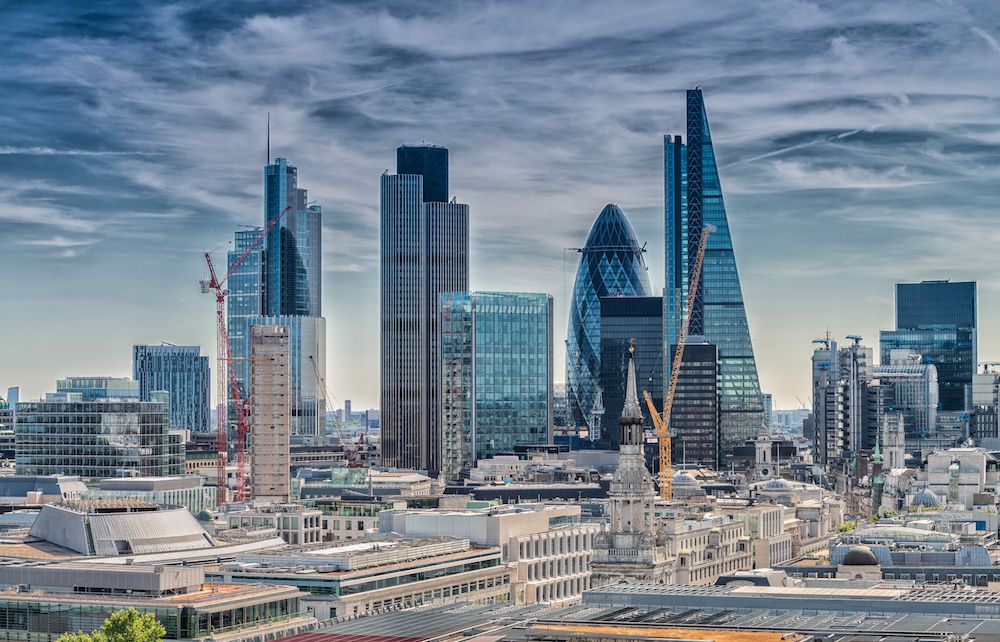
IV. Reasons for the Decline of the British Empire: The Unraveling of Power
Understand the key factors, from global conflicts to rising nationalism, that led to the gradual dissolution of the vast British Empire.
A. World Wars and Economic Strain
- Both World War I and II severely depleted Britain’s resources and manpower, weakening its ability to maintain its vast imperial holdings.
- The wars led to increased national debt and economic weakening, making the cost of empire unsustainable.
- Britain’s dependence on colonial resources during wartime paradoxically highlighted the colonies’ importance while also fueling their demands for greater autonomy.
B. Rise of Nationalism and Independence Movements
- Gandhi’s non-violent resistance in India served as a powerful model for other independence movements, demonstrating that colonial rule could be challenged effectively.
- Pan-Africanism and other regional independence movements gained momentum, uniting diverse groups in their quest for self-determination.
- The growing desire for self-determination, particularly post-World War I with the rhetoric of Woodrow Wilson, put moral pressure on colonial powers.
C. Changing Global Power Dynamics
- The emergence of the United States and the Soviet Union as superpowers after WWII fundamentally shifted the global balance of power, diminishing Britain’s relative influence.
- The Suez Crisis in 1956, where Anglo-French-Israeli forces were forced to withdraw from Egypt under pressure from the US and USSR, served as a symbolic end of imperial military dominance [3].
D. Moral & Ethical Questioning
- Growing international condemnation of colonialism, particularly from the newly formed United Nations, put significant pressure on Britain to decolonize.
- Changing British public opinion towards the empire, influenced by the economic burden and moral arguments against colonial rule, also played a role.
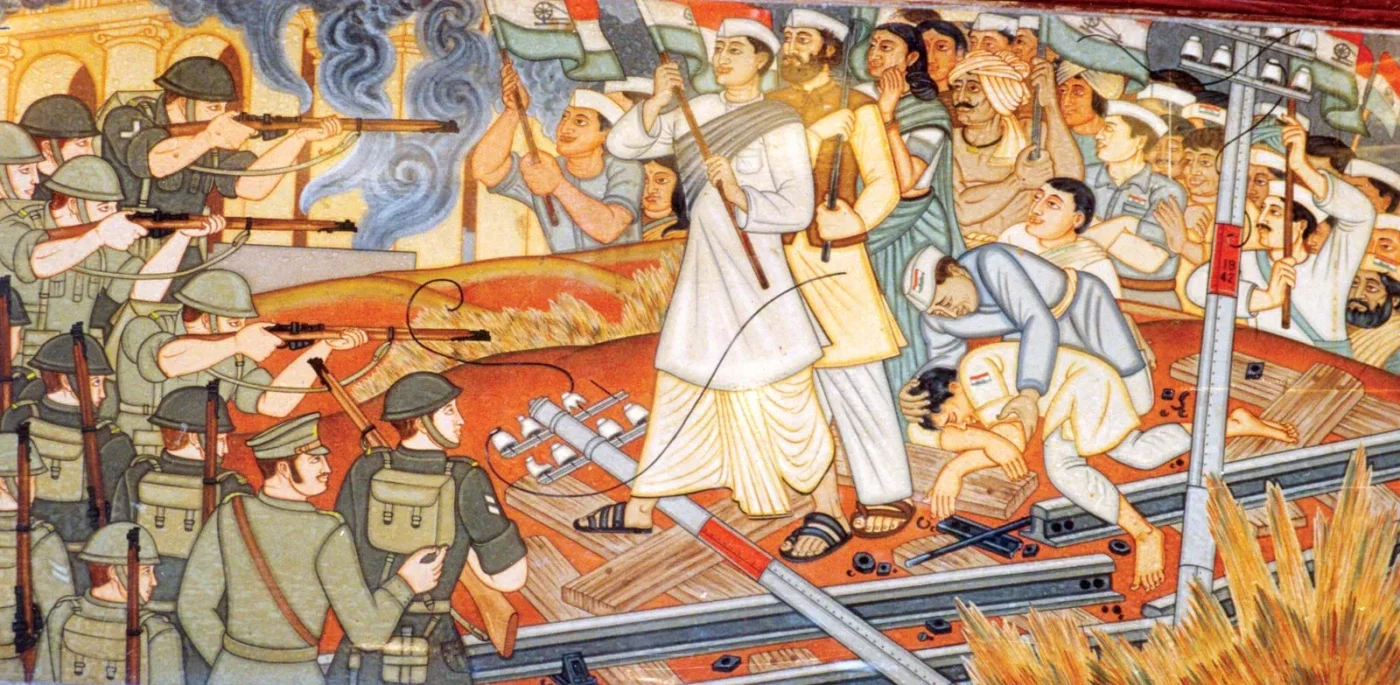
V. The Enduring Legacy: A Complex and Contested Inheritance
Reflect on the lasting impacts of the British Empire, from the functional role of the Commonwealth to ongoing debates about decolonization and historical responsibility.
A. The Commonwealth of Nations: A Legacy of Association
- The Commonwealth of Nations today plays a role in international relations, fostering cultural exchange, and promoting democratic values among its member states.
- However, debates over its purpose and its colonial ties continue, with some viewing it as a benevolent association and others as a lingering shadow of empire.
B. Lingering Social, Economic, and Political Issues
- Post-colonial conflicts and border disputes, often stemming from arbitrarily drawn colonial boundaries, continue to plague many regions.
- Economic disparities and dependency on former colonial powers remain a challenge for many developing nations.
- Identity crises and cultural hybridity are common as societies grapple with their pre-colonial heritage, colonial impositions, and modern global influences.
C. Decolonization, Reparations, and Historical Reckoning
- Ongoing debates about the human cost of empire, including exploitation, violence, and famine, are crucial for a complete historical understanding [4].
- Calls for restitution and apologies for historical injustices are gaining momentum globally.
- There is a growing re-evaluation of colonial monuments and narratives, prompting societies to confront their imperial past more critically.
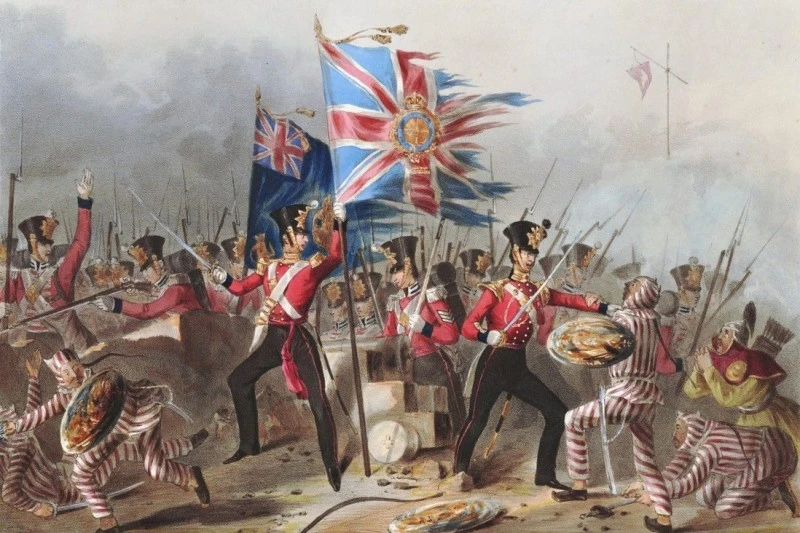
Conclusion: A World Forever Changed
The British Empire profoundly shaped the modern world – economically, culturally, and politically. Its legacy is one of innovation and oppression, connection and conflict. From global trade networks and the widespread use of the English language to the foundations of legal systems and ongoing geopolitical challenges, its influence is undeniable. The British Empire may be history, but its intricate threads continue to weave through the fabric of global society, demanding ongoing understanding and critical reflection.
References
- [1] London & Partners: The Economy of London
- [2] Britannica: Common Law
- [3] History.com: Suez Crisis
- [4] The Guardian: The British Empire Series

